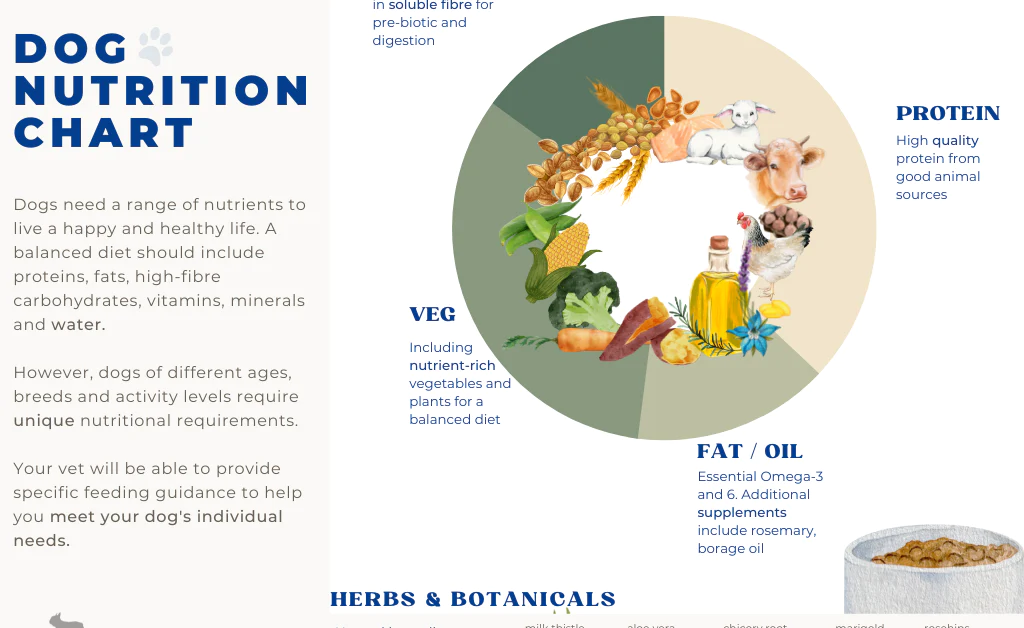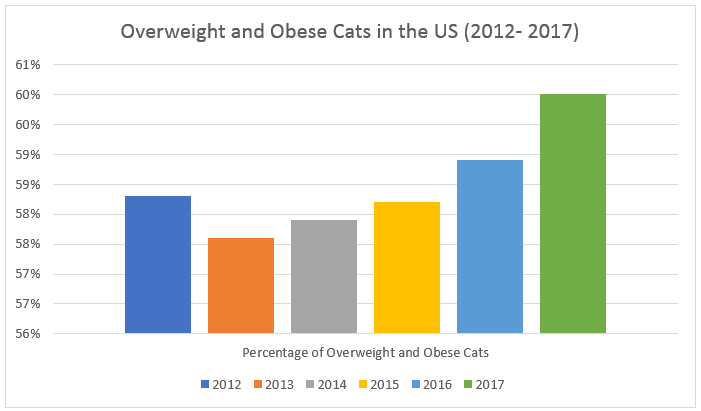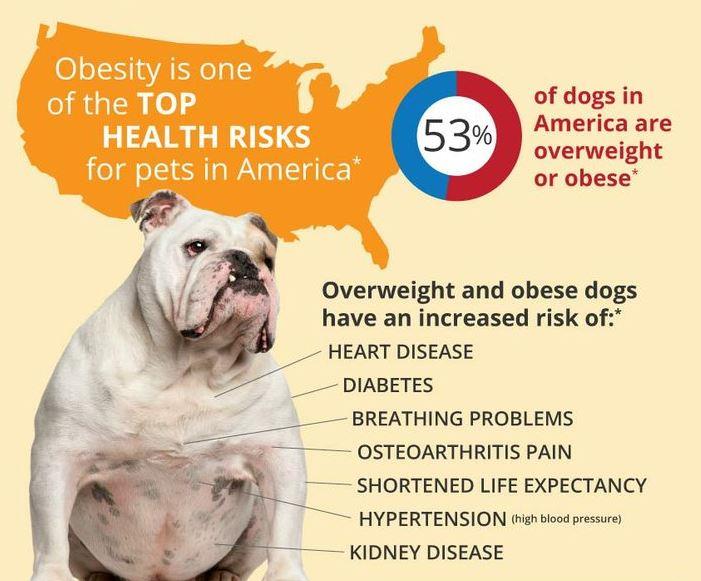Understanding the Basics of Pet Nutrition
Proper pet nutrition is paramount to the health and longevity of our beloved animal companions. A balanced diet, consisting of the right proportions of proteins, fats, carbohydrates, vitamins and minerals, is integral for their overall well-being.

The Importance of a Balanced Diet for Pets
Feeding your pet a balanced diet guarantees their body receives the essential nutrients necessary for growth, maintenance, reproduction, and repair.
The Role of Portion Control in Maintaining Pet Health
Portion control plays a crucial role in maintaining pet health. Overfeeding can lead to obesity and related health problems.
Understanding Overfeeding
Overfeeding, defined as consuming more food than the body can effectively utilise, is a rising concern in today’s society, particularly given its links to obesity.
Immediate Impacts of Overfeeding
Overeating causes immediate and tangible effects. The most visible is weight gain, which occurs when individuals consistently consume more calories than they burn. This surplus energy is stored in the body as fat.
Long-Term Consequences of Overfeeding
Overfeeding’s impacts extend beyond visible weight gain, often leading to less evident yet serious health issues. These include heart disease, type 2 diabetes, and certain cancers. Furthermore, overfeeding can also negatively affect mental health, contributing to conditions like depression and anxiety.
Understanding the implications of overfeeding is essential for promoting healthier dietary habits and reducing the risk associated with obesity and related conditions.
The Rising Trend of Pet Obesity
Recent data indicates a disturbing escalation in pet obesity. A UK-based PFMA survey revealed that nearly 50% of dogs and cats are overweight. This trend is also mirrored in Australia, with the RSPCA reporting similar statistics.

Health Risks Associated with Pet Obesity
Overweight pets face a range of health complications including diabetes, osteoarthritis, and a significantly reduced lifespan. In fact, obese pets can have their lifespan shortened by up to two years.

How Overfeeding Contributes to Obesity
The primary driver of pet obesity is overfeeding. Too often, owners misjudge the correct portion sizes for their pets, leading to excessive calorie intake.
Other Health Implications of Overfeeding Your Pets
When pets are overfed, their health can severely deteriorate. They may encounter numerous complications, such as the risk of Diabetes Mellitus, heart diseases, and joint and mobility issues.
Diabetes Mellitus Risk
Overfeeding can lead to obesity in pets, significantly increasing their risk of Diabetes Mellitus. This condition is characterised by high blood sugar levels caused by insulin resistance or lack of insulin production.
Heart Diseases and High Blood Pressure
Furthermore, overfed pets are more likely to develop heart diseases and high blood pressure. These can lead to a shortened lifespan and reduced quality of life.
Joint and Mobility Issues
Lastly, excessive weight can result in joint and mobility issues. This can prevent your pets from enjoying their daily activities and can cause pain and discomfort.
Psychological Ramifications of Overfeeding Your Pet
Overfeeding pets can lead to not just physical, but psychological harm as well. One of the most common behavioural changes is the development of begging behaviour and food obsession. Pets can quickly learn to associate human presence with food, leading to constant begging and a growing obsession with food. This can disrupt a healthy bond between pet and owner, and can lead to further health issues.
Overfeeding can also trigger psychological disorders such as anxiety and depression in pets. The discomfort and ill-health caused by overeating can lead to increased stress levels, causing anxiety and depression. The American Veterinary Medical Association has some valuable information on this problem.
Protect Your Pet from Overfeeding
Understanding the dangers of overfeeding is the first step to protecting your pet. Continue reading to learn more about the physical dangers of overfeeding and how to maintain a balanced diet for your pet.
The Misleading Influence of Pet Food Packaging and Advertising
It’s hard to ignore the impact of pet food marketing on pet owners’ feeding habits. Companies often use enticing images of fresh meats and vegetables, leading pet owners to believe they’re providing the most nutritious meals for their pets. However, the reality can be far different. Many pet foods contain fillers, unhealthy additives, and insufficient nutritional content. The attractive packaging can mask the true nature of what’s inside.
Overfeeding Triggered by Marketing Strategies
Moreover, marketing strategies often suggest portion sizes that far exceed pets’ actual dietary needs. This can lead to overfeeding, causing obesity and related health issues. Understanding the proper portion size for your pet is crucial in maintaining their health and wellbeing.
It’s crucial to critically assess the claims made on pet food packaging and follow vet-approved feeding guidelines to ensure your pet’s optimal health.
Proactive Measures to Curb Overfeeding
Addressing overfeeding is a multidimensional endeavour that includes understanding portion sizes, scheduling regular vet check-ups, and incorporating frequent exercise.
Grasping Portion Sizes
Understanding and measuring portion sizes is a crucial first step to prevent overfeeding. It’s important to note that portion sizes vary across different pet species, breeds, and sizes. Therefore, it’s recommended to consult your vet or pet nutritionist for precise guidance.
Veterinary Check-ups for Weight Management
Regular vet check-ups are essential for monitoring your pet’s weight and receiving expert advice on dietary adjustments. The vet can provide individualised feeding guidelines based on your pet’s current health status and lifestyle.
The Role of Regular Exercise
Just like humans, pets need regular exercise to maintain a healthy weight. It not only burns calories but also promotes overall health and wellbeing. The type and amount of exercise needed can vary greatly depending on the pet’s breed, age, and health condition.
Conclusion: The Dangers of Overfeeding Pets
Overfeeding pets is not a benign act of love, but a perilous pathway leading to serious health complications, such as obesity, diabetes, and heart disease. Over 40% of dogs and 30% of cats in Australia are overweight or obese. This underscores the gravity of the problem at hand.
But the good news is, it’s never too late to rectify the situation. By understanding the importance of proper nutrition and adopting responsible feeding habits, you can prevent these health issues. Consulting with a veterinarian about your pet’s dietary needs and portion sizes can be tremendously beneficial.
Final Thoughts on Responsible Pet Nutrition
Preventing overfeeding is not just about keeping your pet slim; it’s about ensuring their overall health and longevity. Be informed, be responsible, and remember, your pet’s health is in your hands.


